Jun 3, 2025 11:25 AM
In Memoriam: Al Foster, 1943–2025
Al Foster, a drummer regarded for his fluency across the bebop, post-bop and funk/fusion lineages of jazz, died May 28…
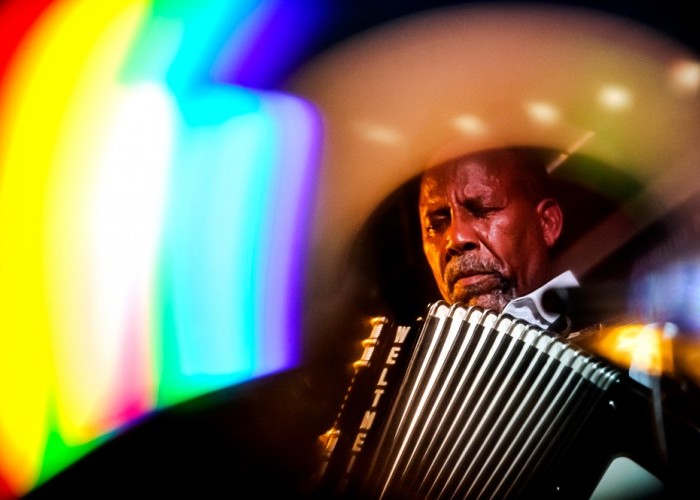
During the 1960s and 1970s, multi-instrumentalist Hailu Mergia was a star in Ethiopia as a member of the Walias Band.
(Photo: )Hailu Mergia is hardly a household name. Still, he’s making one of the grandest and most inspiring comebacks in recent history.
Right now, the 71-year-old Ethiopian-born, Washington, D.C.-based keyboardist and composer is riding high on the release of his intoxicating new disc, Lala Belu (Awesome Tapes from Africa), and he’s set on embarking on a two-month European tour beginning in late May. Such artistic enterprises as these, though, have been a long-time coming. Lala Belu marks Mergia’s first recording of new material in two decades.
So, what’s been occupying his time? Well, he’s split his professional life between driving for the Washington Flyers Taxi Services and honing his musical craft. Many times after Mergia drops off or picks up a passenger at Dulles International Airport—26 miles outside of Washington—he’ll pull over, get out his Yamaha keyboard from the trunk, sit in the car’s backseat and play.
“I don’t want to wait until I’m back home,” Mergia explained at Washington’s Busboys & Poets restaurant and bookstore. “I’m just trying to save time. It’s kind of like killing two birds with one stone.”
Even with that sort of work ethic, Mergia’s recording career nearly stalled. Thanks to the 2013 reissue of his 1985 cassette Hailu Mergia And His Classical Instrument: Shemonmuanaye by Awesome Tapes from Africa, he’s emerged as a cult figure in both the U.S. and in Europe; he’s resurrected his performing career. The idea for Lala Belu germinated about four years ago while touring Europe with his current trio—drummer Tony Buck, of The Necks, and bassist Mike Majkowski.
“We tried to make the album back then while on tour, but unfortunately we ran out of time,” Mergia explained. “We finally got it done in 2016, mostly in London. Then we mixed it in Falls Church, Virginia.”
On Lala Belu, Mergia cooks up an intriguing gumbo of Ethio-jazz that incorporates the quivering melodies and haunting harmonies of Ethiopian music with straight-ahead jazz-waltz swing, pulsating funk and bluesy flourishes. On the disc’s opening cut, “Tizita,” Mergia tickles a rambling, celebratory melody on the piano, spurred by a driving dancing beat; on the pounding “Addis Nat,” his electric keyboards squeal a peculiar improvised melody that harkens back to his early years playing the accordion; and on “Gum Gum,” he demonstrates his affinity for Brazilian samba, while retaining an Ethio-jazz harmonic palette. Lala Belu features only six tunes and it comes off less as a grand artistic statement than it does as glimpse of the life of an incredibly inventive musician.
Because of Washington’s significant Ethiopian community, it’s unsurprising that some of Mergia’s taxi customers would recognize his name and face, even prior to this renaissance. Before he arrived in the District in 1981, Mergia was a star in Ethiopia as the leader and founder of the country’s popular eight-member Walias Band.
Formed in 1962, the Walias Band rose to fame in Ethiopia’s capital city, Addis Ababa. And through the 1960s and 1970s, the ensemble regularly played at bars like the Zula and the Venus Club. The group got a much bigger push when it secured a long-term residency at Hilton Addis Ababa, where it would entertain an international crowd of local and traveling businesspeople, diplomats and socialites. The band’s sets often consisted of popular tunes by James Brown, Wilson Pickett, Aretha Franklin, Marvin Gaye, Santana and the Meters, along with some of the Afro-funk grooves coming out of Ghana and Nigeria. In 1977, the Walias Band issued its first LP, Tche Belew, which now is considered a classic of Ethiopian music.
“We would pick up old songs then change the rhythm and chord structure. We were trying to make international music that anybody could listen to,” Mergia said, explaining the band’s process. “Sometimes it would sound like the blues, sometimes it would sound like jazz. It’s really hard to put it in any categories.”
Before the Walias Band, Mergia was an aspiring singer as a kid growing up outside of Addis Ababa. He started playing the piano at 10, and several years later, he joined the youth division of the Ethiopian Army band. Because of the popularity and practicality of the accordion (pianos were too big), Mergia switched to the portal keyboard, then later the Farfisa organ. On various keyboards, he would translate many of the winding melodies he heard on indigenous Ethiopian string instruments, such as on the krar or the masinko.
On the critical and commercial success of Tche Belew, the Walias Band toured the States, eventually taking up a residency in 1981 at Washington’s now-defunct Ibex Club. It disbanded soon after. But Mergia, along with several other members of the group, decided to remain in Washington, which then was becoming a U.S. hub for Ethiopians fleeing the county in the aftermath of the Derg Revolution.
Mergia said that he’s been visiting Ethiopia regularly since 2010. But it’s obvious that he’s made Washington his home. And even though he continues driving a taxi, Mergia hopes to build on the success of Lala Belu with a timely follow-up.
“I’ve started composing some new stuff,” he said. “I haven’t started recording, but I’m working on it.” DB
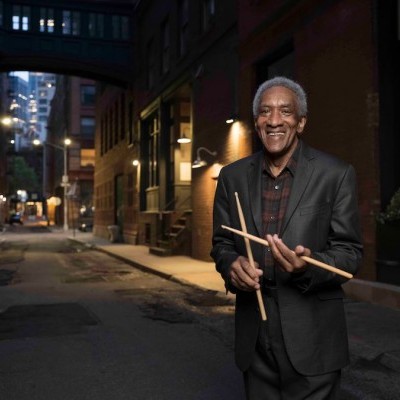
Foster was truly a drummer to the stars, including Miles Davis, Sonny Rollins and Joe Henderson.
Jun 3, 2025 11:25 AM
Al Foster, a drummer regarded for his fluency across the bebop, post-bop and funk/fusion lineages of jazz, died May 28…
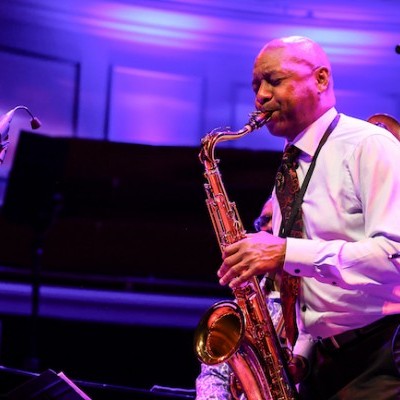
“Branford’s playing has steadily improved,” says younger brother Wynton Marsalis. “He’s just gotten more and more serious.”
May 20, 2025 11:58 AM
Branford Marsalis was on the road again. Coffee cup in hand, the saxophonist — sporting a gray hoodie and a look of…
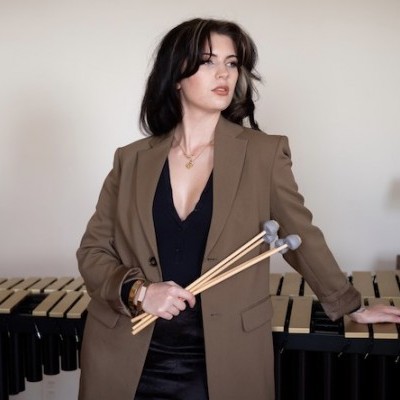
“What did I want more of when I was this age?” Sasha Berliner asks when she’s in her teaching mode.
May 13, 2025 12:39 PM
Part of the jazz vibraphone conversation since her late teens, Sasha Berliner has long come across as a fully formed…

Roscoe Mitchell will receive a Lifetime Achievement award at this year’s Vision Festival.
May 27, 2025 6:21 PM
Arts for Art has announced the full lineup for the 2025 Vision Festival, which will run June 2–7 at Roulette…
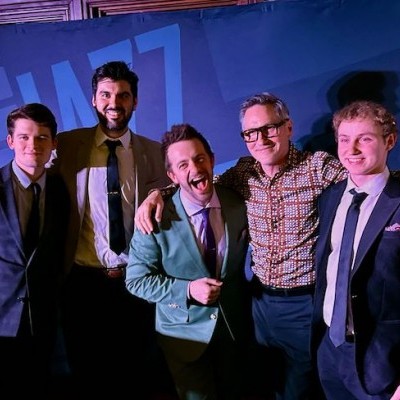
Benny Benack III and his quartet took the Midwest Jazz Collective’s route for a test run this spring.
Jun 3, 2025 10:31 AM
The time and labor required to tour is, for many musicians, daunting at best and prohibitive at worst. It’s hardly…